As a BetterHelp affiliate, we receive compensation from BetterHelp if you purchase products or services through the links provided
Navigating the complexities of family life can be challenging, especially when dealing with a narcissistic father. It’s essential to recognize the signs and understand the impacts of such behavior on family dynamics. Narcissistic fathers display a range of behaviors that can be damaging to their children and difficult for others to endure.
Understanding the seven signs of a narcissistic father can empower you and your family to seek help and set boundaries. By recognizing manipulation techniques and establishing healthy parenting practices, everyone involved can benefit from emotional growth and improved relationships. It’s important to remember that support and resources are available, allowing for healing and growth from the effects of narcissistic parenting.
Key Takeaways
- Recognizing the signs of a narcissistic father helps in setting boundaries and seeking support.
- Understanding manipulation techniques empowers you to establish healthy parenting practices.
- Resources are available to aid in healing and growth from the impacts of narcissistic parenting.
 Understanding Narcissism
Understanding Narcissism
Narcissism is a term that gets thrown around quite often, but it’s essential to truly understand what it means before we dive into the signs of a narcissistic father. At its core, narcissism is an excessive focus on oneself, often accompanied by a high sense of self-importance, superiority, and arrogant behaviors.
Now, you may ask, what causes someone to develop narcissistic tendencies? Narcissistic Personality Disorder (NPD) is a mental health condition that affects a person’s thinking, feeling, and behavior patterns. People with NPD often struggle with empathy and maintaining healthy relationships with others. It’s important to differentiate between simply being self-centered or confident and having NPD. While everyone may exhibit narcissistic traits to some degree, a person with NPD consistently displays them.
Here are some common traits associated with narcissism:
- Self-importance: Narcissists believe they are superior to others and that they deserve special treatment because of it. They often have an inflated sense of their abilities and accomplishments.
- Lack of empathy: It’s difficult for narcissists to genuinely care about or understand other people’s feelings. As a result, they struggle with forming and maintaining deep, meaningful relationships.
- Arrogance: A narcissistic father often acts as if he knows everything and has little regard for others’ opinions. This can make him difficult to communicate with and resistant to change.
Recognizing these traits is the first step in understanding narcissism, enabling you to identify the signs of a narcissistic father more effectively. Keep in mind that the presence of these traits does not necessarily mean they have NPD – it’s crucial to consult a mental health professional for a proper diagnosis. As you become more aware of these characteristics and educated about narcissism, you’ll be better equipped to handle potential challenges and foster healthier relationships moving forward.
 Seven Signs of a Narcissistic Father
Seven Signs of a Narcissistic Father
If you suspect you may have a narcissistic father, there are specific signs to look out for. Let’s explore seven key indications you should keep in mind.
- Lack of empathy: A narcissistic father may show little to no genuine concern for his feelings or struggles. As much as it hurts, you might notice him being indifferent or dismissive of your emotions.
- Power-hungry: You may see your father seeking and enjoying power over others whenever he can. This could manifest in his behavior with family members, friends, or colleagues.
- Perfectionism: Does your father always want things to be perfect? This might extend to expecting perfection regarding looks, achievements, and behavior. Remember, accepting you’re human and embracing your imperfections is vital.
- Manipulative: Narcissistic fathers are often skilled at manipulation. They could use guilt, anger, or affection to make you do what they want. Keep an eye out for any attempt to control your emotions or actions.
- Controlling: It’s not unusual for a narcissistic father to exert immense control over various aspects of your life. This could encompass everything from your choice of clothing to career decisions.
- Self-centered: A strong sign of a narcissistic father is a preoccupation with himself. He may constantly talk about his achievements and expect admiration from you and others.
- Emotional turmoil: Finally, if your relationship with your father leaves you feeling anxious, confused, or emotionally drained, it may be due to his narcissistic tendencies.
Remember that identifying the signs of a narcissistic father is crucial in learning how to protect and care for yourself in these relationships. Stay strong and seek help when you need it.
 Impacts of a Narcissistic Father on a Child
Impacts of a Narcissistic Father on a Child
Having a narcissistic father can be challenging and may have various impacts on a child’s mental and emotional well-being. The following paragraphs discuss some of the most common effects that can be experienced as a result of growing up with a father who exhibits narcissistic traits.
Trauma: The unpredictable and harsh nature of narcissistic fathers can lead to emotional turmoil. Your exposure to constant criticism, manipulation, and abuse may cause you to develop a trauma bond. This bond makes it difficult to recognize the abuse, and you may even defend the abusive parent.
Depression: Living with a narcissistic father is like walking on eggshells; you never know when he might lash out or criticize you. This constant state of fear and uncertainty can cause feelings of hopelessness and sadness. As a result, you may develop depression, which could persist into adulthood.
Anxiety: Narcissistic fathers often create a hostile environment, making you feel anxious about their moods and reactions. Additionally, the need for constant validation and approval can create internal pressures that result in long-term anxiety issues.
- Poor self-esteem: A narcissistic father’s constant belittling and criticisms can make you feel unworthy of love and affection. Over time, this may lead to a lack of confidence in your abilities and a poor self-image.
- Difficulty setting boundaries: Growing up with a narcissistic parent means you may have had little to no control over your feelings, thoughts, or desires. Consequently, you could face challenges in setting up healthy boundaries in relationships or in other aspects of your life.
- Emotional attachment issues: Narcissistic fathers may withhold love and affection as a form of manipulation, resulting in emotional detachment problems in the child. This could lead to challenges with forming secure attachments in adult relationships.
Remember that healing and overcoming the negative impacts are possible in these challenges. Embrace self-awareness, therapy, and support from loved ones to break free from the patterns instilled by a narcissistic father and thrive in your own life.
 Understanding Manipulation Techniques
Understanding Manipulation Techniques
Recognizing the manipulation techniques a narcissistic father uses is essential when trying to understand their behavior. This section will discuss three common tactics: Gaslighting Techniques, Coercion and Threats, and Envy and Special Treatment.
 Gaslighting Techniques
Gaslighting Techniques
Gaslighting is a manipulative behavior where the person tries to make you doubt your own perceptions, memories, and sanity. Some examples include:
- Denying they said or did something, even when you have evidence.
- Trivializing your feelings and telling you you’re being too sensitive.
- Accusing you of being paranoid or crazy when you question their actions.
To protect yourself from gaslighting, you can:
- Keep a journal of events and conversations to help you remember things accurately.
- Seek support from a trusted friend or therapist to share your experiences and gain validation.
Coercion and Threats
Coercion involves using force or threats to manipulate and control you. Your narcissistic father might use subtle or overt methods, such as:
- Making you feel guilty for not meeting their needs or expectations.
- Threatening to withdraw their love, support, or approval if you don’t comply.
- Controlling your access to finances, social life, or other resources.
To deal with coercion, try to:
- Set boundaries and assert your autonomy.
- Create a safety plan, including establishing a support network or consulting a mental health professional.
Envy and Special Treatment
Narcissistic fathers often display envy toward their children or give special treatment to create rivalry and jealousy between siblings. Examples of this behavior include:
- Comparing one child’s achievements to another creates competition.
- Lavishing praise and attention on one sibling while constantly criticizing the other.
- Playing “favorites” to exacerbate tensions between family members.
To cope with envy and special treatment, consider:
- Recognizing your worth, regardless of your father’s opinion.
- You connect with siblings to support each other and maintain a healthy relationship separate from your father’s influence.
By understanding these manipulation techniques, you are better equipped to handle your narcissistic father’s behavior and maintain your own mental and emotional well-being.
 Dealing with a Narcissistic Father
Dealing with a Narcissistic Father
Dealing with a narcissistic father can be challenging, but there are strategies to protect your well-being. In this section, we’ll cover three key areas: maintaining personal boundaries, interacting with a narcissistic father, and self-care strategies.
Maintaining Personal Boundaries
Establishing and maintaining personal boundaries is crucial when dealing with a narcissistic father. Here are some tips:
- Be firm and assertive: Communicate your boundaries clearly and stand your ground if crossed.
- Avoid self-blame: Remember that it’s not your fault that your father acts this way.
- Prioritize your needs: Make decisions that are best for your well-being, even if they don’t align with your father’s expectations.
Remember: boundaries are essential for maintaining your emotional and mental health.
Interacting with a Narcissistic Father
It’s essential to know how to approach interactions with a narcissistic father for your well-being. Try these strategies:
- Stay emotionally detached: Focus on remaining calm and objective during conversations.
- Limit personal information: Sharing too much can give them ammunition to manipulate or criticize you.
- Recognize manipulation tactics: Be aware of guilt trips, gaslighting, and other manipulative behaviors.
Key takeaway: approach interactions with caution to safeguard your mental health.
 Self-Care Strategies
Self-Care Strategies
Prioritizing self-care when dealing with a narcissistic father can be a game-changer. Here are some helpful tips:
- Seek professional help: A therapist can offer valuable guidance and support while you navigate this relationship.
- Focus on hobbies and interests: Engage in activities that make you happy and boost your self-esteem.
- Stay connected: Maintain relationships with people who support you and share your struggles with trusted friends or family members.
Don’t forget: taking care of yourself is not selfish; it’s crucial in this situation.
Narcissistic Parenting versus Healthy Parenting
It’s essential to understand the difference between narcissistic parenting and healthy parenting. Narcissistic parents often put their needs and desires before their children’s, leading to poor relationships and a high focus on themselves. On the other hand, healthy parenting involves putting your child’s needs first and fostering a loving, supportive environment.
One key aspect of narcissistic parenting is the lack of empathy. Narcissistic parents may have difficulty understanding or caring about their children’s feelings, often brushing them aside or even mocking them. In contrast, healthy parenting involves empathy and understanding, allowing your child to express their emotions and feel heard.
Narcissistic parents also have a habit of using their children as a means to boost their self-esteem. They might brag about their children’s achievements or compare them to others to make themselves look better. This can leave children feeling used and unloved. Healthy parents celebrate their children’s successes without turning them into a competition.
Key qualities of healthy parenting include:
- Adequate communication
- Emotional support
- Encouraging independence
- Setting appropriate boundaries
Narcissistic parents, on the other hand, tend to display the following characteristics:
- Excessive criticism
- Controlling behavior
- Self-centeredness
- Emotional manipulation
By recognizing the differences between narcissistic and healthy parenting, you can ensure that your relationships with your children are built on a foundation of kindness, respect, and genuine love. This way, they’ll grow up feeling secure and confident in their abilities. Remember, the goal is not to raise perfect children but to cultivate a nurturing environment where they can thrive.
 Support and Resources
Support and Resources
When dealing with a narcissistic father, it’s essential to have the right support and resources in place to help you navigate this challenging terrain. One of the most valuable resources is therapy or counseling. Working with a therapist who specializes in narcissism can be incredibly beneficial in providing guidance and coping strategies.
Sometimes, it may feel like you’re alone in this situation, but remember that support groups are available. Connecting with a local or online support group can provide you with valuable insights from others who have experienced similar situations. Sharing your story and hearing how others have dealt with a narcissistic parent can be comforting and empowering.
In today’s digital age, you can also find a plethora of books and online resources providing in-depth information on narcissism and its impact. Educate yourself on the subject, as knowledge is power, and understanding the patterns of narcissistic behavior can help you cope better.
In times when your narcissistic father’s behavior becomes overwhelming, it’s essential to seek solace in the company of loved ones. Family members, friends, or even a supportive colleague can provide a listening ear and words of encouragement.
Don’t forget the importance of self-care when dealing with a narcissistic father. Prioritize activities that bring joy and relaxation, such as taking a walk, engaging in a hobby, or practicing mindfulness.
Remember, support and resources are crucial in navigating life with a narcissistic father. Surround yourself with a network of knowledgeable, empathetic, and supportive individuals who can help you thrive in this challenging situation.
Frequently Asked Questions
How does a narcissistic father affect his children?
A narcissistic father can have significant adverse effects on his children’s emotional and psychological well-being. For example, he may:
- Create an unstable environment for his children
- Belittle or criticize them to maintain a sense of superiority
- Have unrealistic expectations and demands
- Be emotionally unavailable or manipulative
- Compete with his children for attention and affection
Key takeaway: A narcissistic father’s behavior can leave lasting scars on his children’s mental health.
What are the common behaviors of a narcissistic father?
Common behaviors of a narcissistic father may include:
- Constant need for admiration and praise
- Arrogance and inflated sense of self-importance
- Lack of empathy for his children’s feelings or needs
- Controlling and manipulative behavior
- Frequent criticism and belittlement
- Using his children as a means to bolster his image
Key takeaway: Recognizing these behaviors can help you identify a narcissistic father and take steps to protect yourself.
How can you cope with a narcissistic father?
Coping strategies for dealing with a narcissistic father include:
- Establishing and maintaining boundaries to protect your emotional well-being
- Seeking support from friends, family, or a therapist
- Learning to detach and limit your emotional investment
- Focusing on self-care and self-compassion
- Educating yourself about narcissism and its effects
Key takeaway: Though coping with a narcissistic father can be challenging, implementing healthy strategies can help ease your emotional burden.
What are the effects of having a narcissistic father on romantic relationships?
Having a narcissistic father can impact your romantic relationships in different ways, such as:
- Difficulty in trusting others and forming deep connections
- Attraction to partners with similar narcissistic traits
- Feelings of unworthiness or insecurity leading to codependent relationships
- Struggling to communicate your needs or set boundaries in the relationship
Key takeaway: Knowing these potential effects can help you work through them and foster healthier relationships.
How can adult children of narcissistic parents heal?
Healing from the effects of having a narcissistic parent involves:
- Acknowledging and validating your feelings and experiences
- Seeking professional therapy or counseling
- Building healthy, supportive relationships
- Practicing self-care and self-compassion
- Setting boundaries with your narcissistic parent, if needed
Key takeaway: Healing is a journey, but it’s possible and worth pursuing for your overall well-being.
How does a narcissistic father treat his son compared to his daughter?
A narcissistic father’s treatment of his children may vary based on their gender:
- Sons may be treated as extensions of the father’s ego and expected to fulfill his unmet ambitions or dreams
- Daughters might be valued more for their physical appearance or chastised for not adhering to traditional gender roles
However, these dynamics can also be reversed or vary depending on the father’s beliefs and priorities.
Key takeaway: The impact of a narcissistic father’s behavior on his children may differ, but both sons and daughters can suffer long-term effects.
Jacob Maslow: Triumphing Over Narcissistic Challenges
Hi, I’m Jacob. I know firsthand the complexities and challenges of dealing with a narcissistic partner. My journey hasn’t been easy, but I’ve learned a lot about resilience and the importance of mental health care.
My experience has been a rollercoaster. After my ex stopped cooperating with reunification therapy, which was making progress in ending the alienation from my kids, I realized the extent of her narcissism. She has engaged in affairs smear campaigns against community leaders, and as her beauty fades with age, her narcissistic tendencies have only intensified.
The most brutal hit came when she completely alienated me from our kids, refusing to comply with any custody agreements or court orders. This was a stark change from our close relationship for years after our separation. We once lived harmoniously in two households, but I’ve been cut off from my kids for nearly a year.
To cope and maintain my mental well-being, I’ve become a therapy veteran. I’m currently with BetterHelp and take Lexapro. I also find solace in taking long walks daily to clear my head.
Through my struggles, I’ve learned a valuable lesson: you are not alone. Many of us are fighting similar battles. My goal is to use my experiences to help others. I write about mental health and dealing with narcissistic partners, hoping to offer support and insights to those facing similar challenges.
In addition to writing, I run a legal site dedicated to helping others dealing with non-compliant spouses, mainly when children are being weaponized instead of co-parented. It’s an arduous journey, but I believe in our collective strength to overcome these obstacles.
Remember, your mental health and well-being are paramount, no matter how challenging the situation. We can all triumph over our mental health challenges with the right support and resilience.
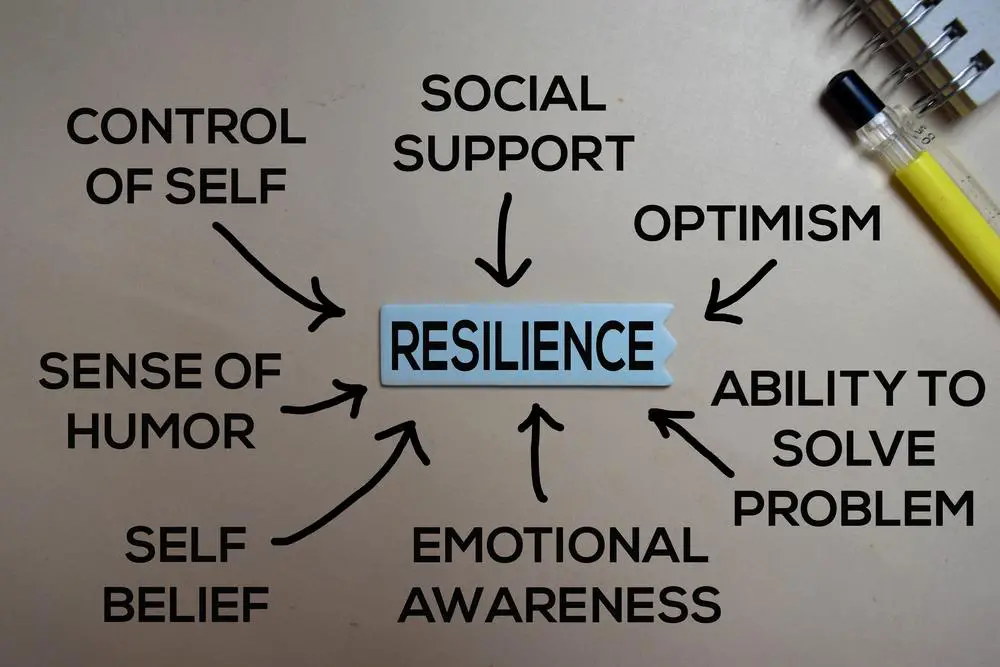
- Breaking the Silence: Why Men’s Mental Health Matters More Than Ever - April 15, 2025
- How to Transform a Home’s Patio Space into a Relaxing Space - March 23, 2025
- 5 Strategies to Use a Cell Phone to Help Manage Your Stress - March 23, 2025
This site contains affiliate links to products. We will receive a commission for purchases made through these links.


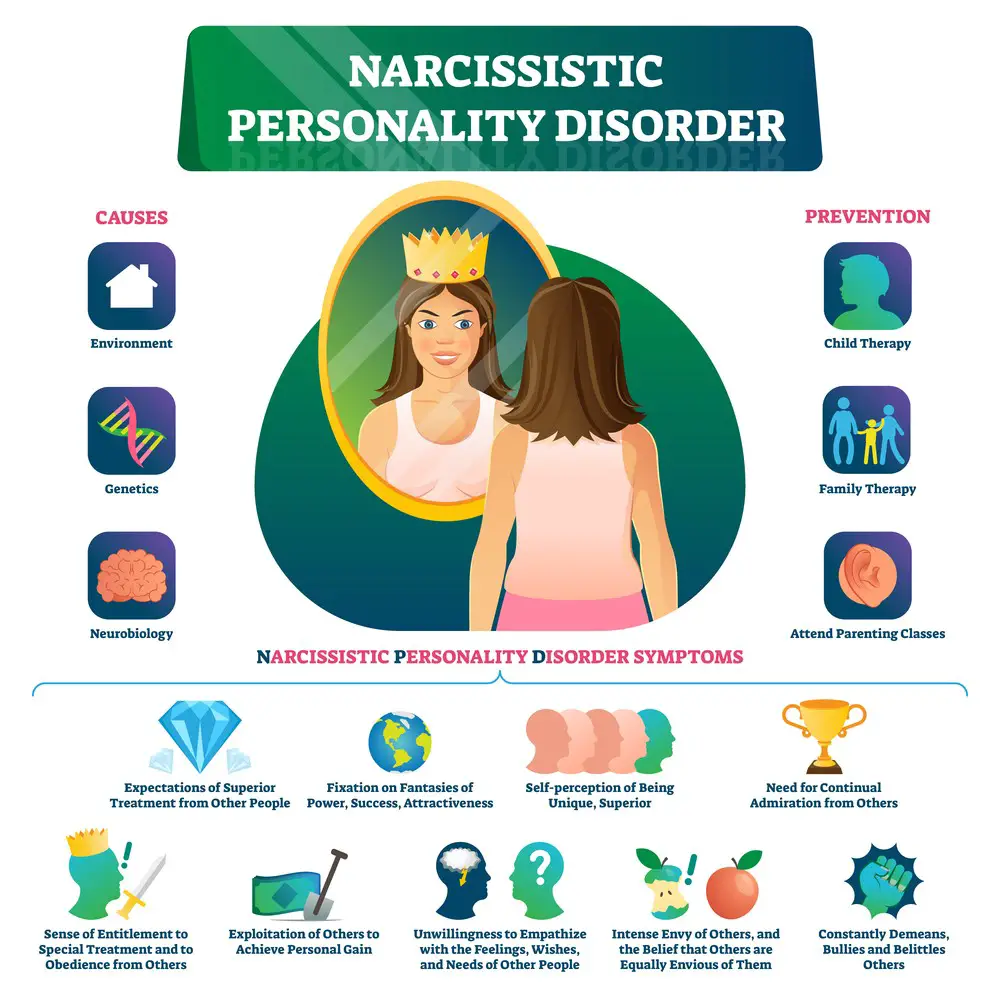 Understanding Narcissism
Understanding Narcissism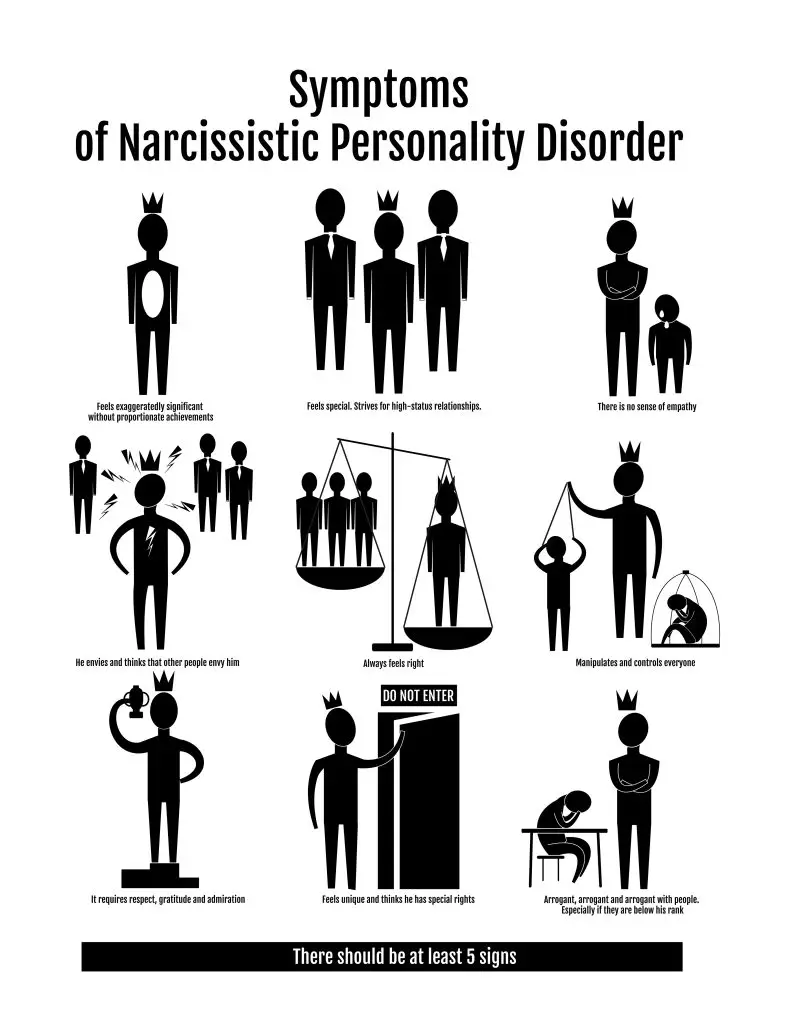 Seven Signs of a Narcissistic Father
Seven Signs of a Narcissistic Father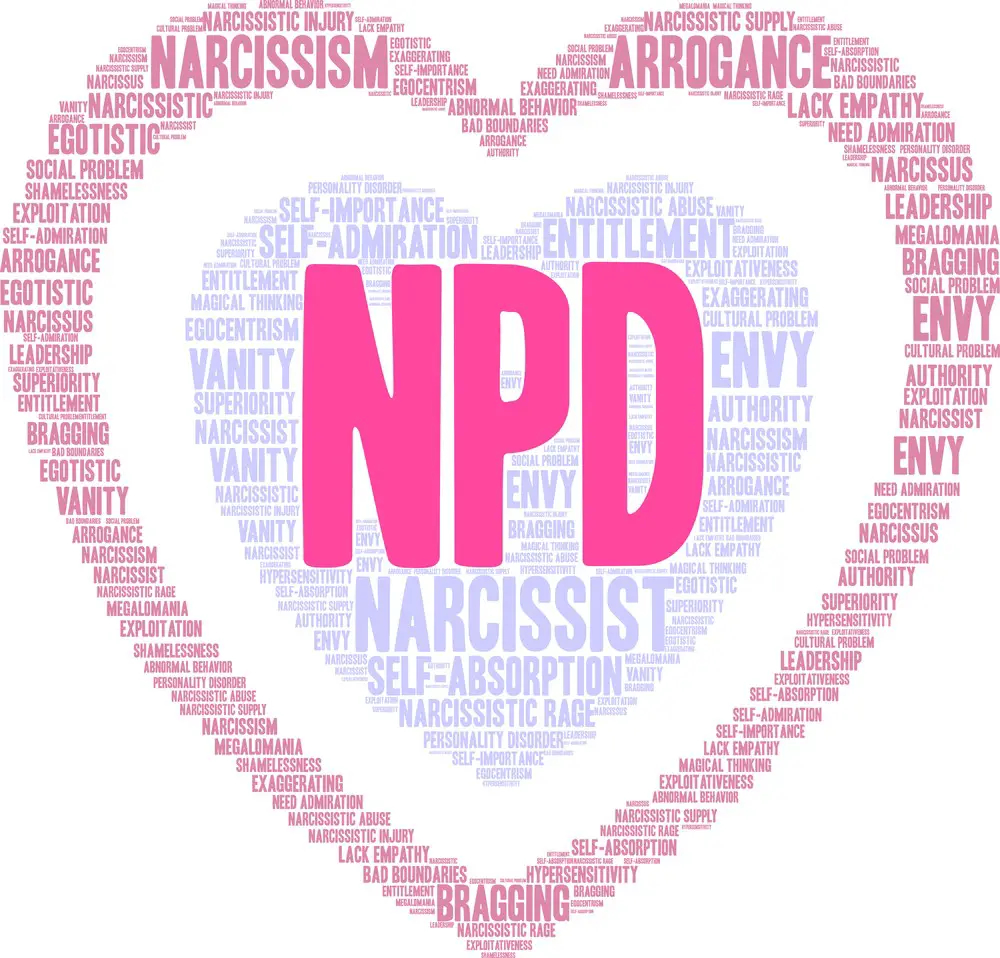 Impacts of a Narcissistic Father on a Child
Impacts of a Narcissistic Father on a Child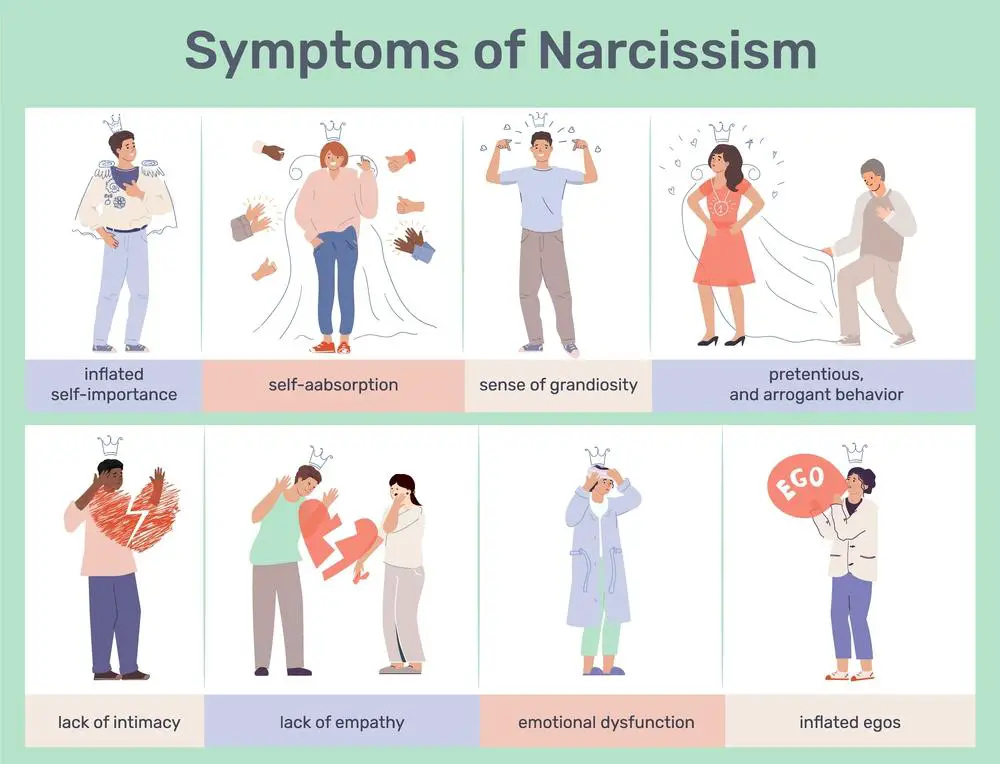 Understanding Manipulation Techniques
Understanding Manipulation Techniques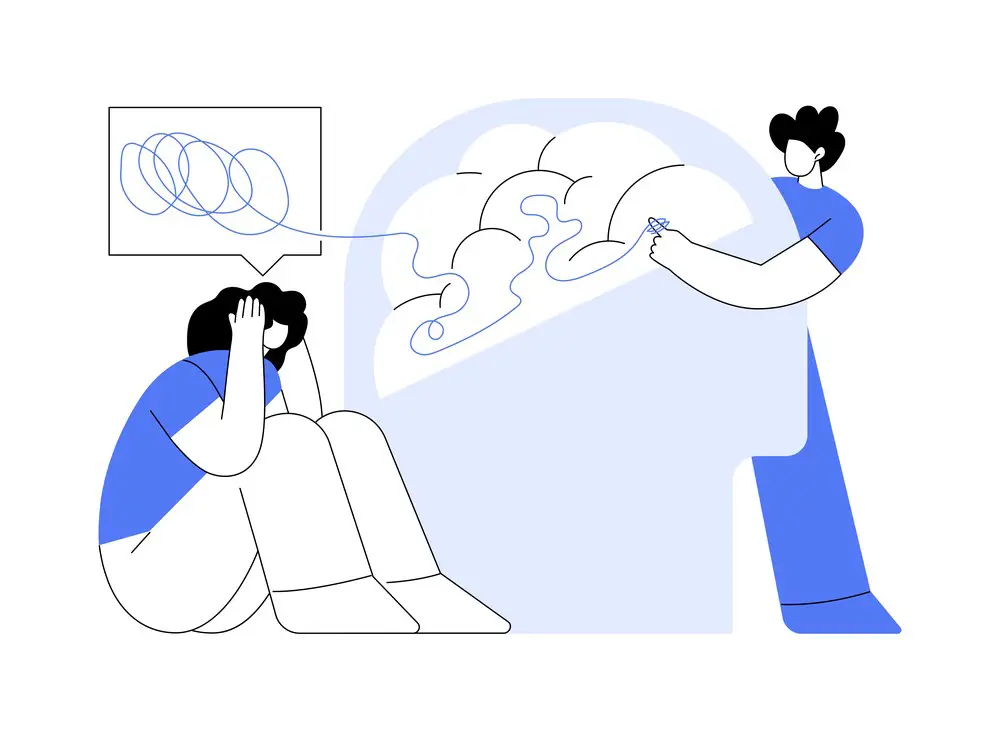 Gaslighting Techniques
Gaslighting Techniques Dealing with a Narcissistic Father
Dealing with a Narcissistic Father Self-Care Strategies
Self-Care Strategies Support and Resources
Support and Resources
